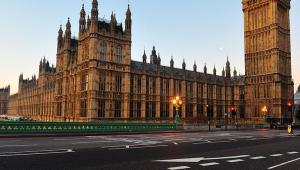The free market Centre for Policy Studies think-tank today issued a report showing that £3.1bn (24%) of large charities funding comes from public money and suggested the true figure may be even higher, as much as £6.5bn.
Its Transparency begins at home report details the top 50 UK charities in receipt of the most government funding. Its includes Cancer Research UK, Oxfam and Barnardo’s and also some public bodies with charitable status such as the Arts Council and British Council.
Report author William Norton said: ‘Public money is provided by taxpayers, not the charities themselves. If charities are being supported to a considerable extent by public money, then taxpayers have a right to know that and to know it directly from the charities.’
He went on to highlight the uncertainty of publicly funding charities, given the political decisions behind them could change as the public finances were under such pressure.
‘We saw in the financial crisis what happens when a sector’s accounting practices obscure the underlying robustness of its source of income,’ said Norton.
‘When a charity is similarly dependent on a single source, that potential fragility should be obvious on the face of its accounts.’
He also questioned whether charities in receipt of significant public funds remained charities at all.
Responding to the CPS’s criticisms, Karl Wilding, director of public policy at the National Council for Voluntary Organisations, said:‘Large charities have among the most open and transparent standards of any organisations when it comes to publishing accounts information. Full annual accounts for all charities are in the public domain.
‘The standards are becoming more rigorous again this year with more detail than ever before routinely becoming public. We believe charities should operate to the highest standards of transparency – but we should remember they are already far more transparent in these terms than the private sector, while the government still has more to do to shed light on how it spends money on outsourced public services.’




















